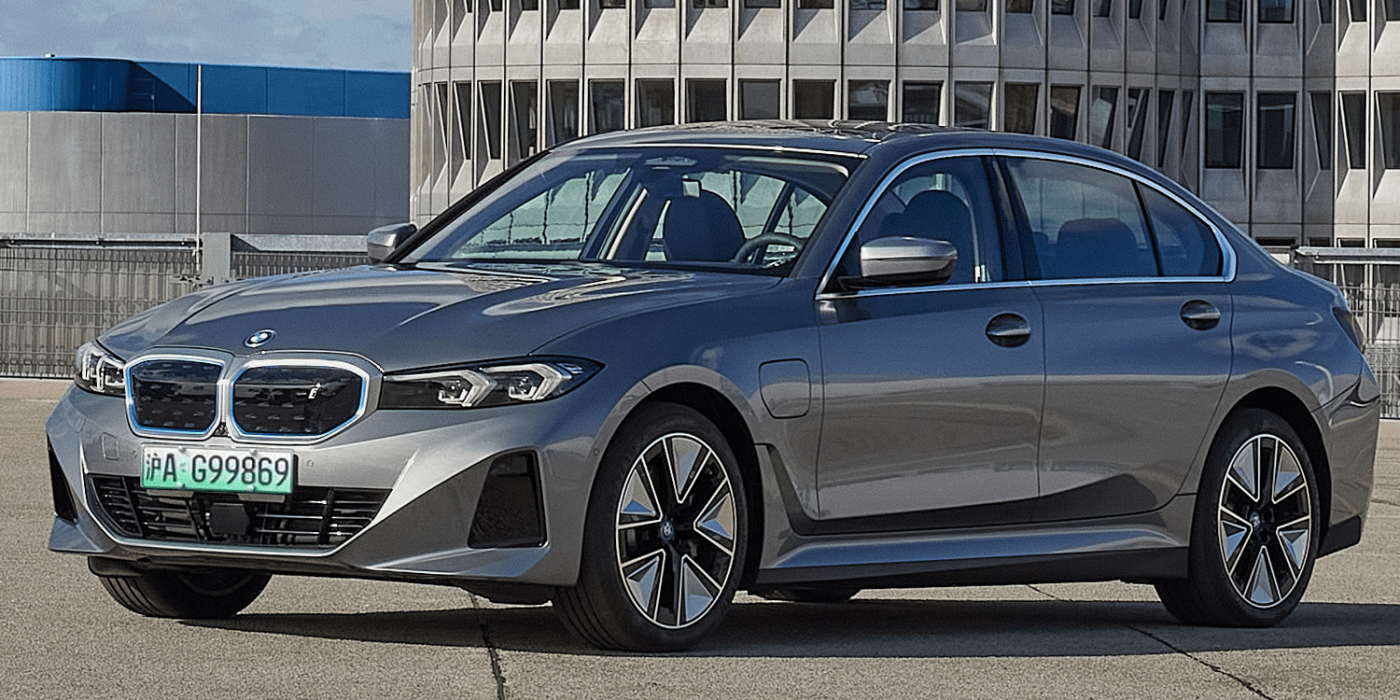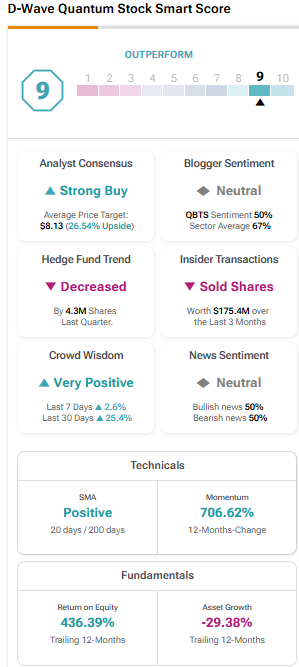Luxury Car Sales In China: Analyzing The Struggles Of BMW, Porsche, And Competitors

Table of Contents
The Rise of Domestic Competitors
The emergence of powerful Chinese luxury car brands is a primary driver of the changing landscape in luxury car sales in China. Brands like NIO, XPeng, and BYD are rapidly gaining market share, posing a significant threat to established international players. Their success stems from several key advantages:
- Technological Innovation: Chinese brands are at the forefront of electric vehicle (EV) technology, often surpassing their international counterparts in battery technology, range, and charging infrastructure. This is particularly appealing to the increasingly environmentally conscious Chinese consumer.
- Understanding the Local Market: Domestic brands possess an intimate understanding of Chinese consumer preferences, cultural nuances, and buying habits, allowing them to tailor their products and marketing messages with greater precision.
- Aggressive Marketing and Pricing: Chinese luxury car brands often employ aggressive pricing strategies and competitive financing options, making their vehicles more accessible to a wider segment of the luxury car market.
- Rapid Technological Advancements: In areas like autonomous driving and connected car features, Chinese brands are frequently showcasing leading-edge technology, appealing to younger, tech-savvy buyers.
Shifting Consumer Preferences and Buying Habits
The Chinese luxury car market is not only impacted by the rise of domestic competitors but also by a dramatic evolution in consumer preferences and buying habits. Several key trends are reshaping the landscape of premium car sales in China:
- Tech-Savvy Consumers: Younger generations are driving the shift towards technologically advanced vehicles. Features like advanced infotainment systems, seamless connectivity, and autonomous driving capabilities are increasingly important purchasing factors.
- Electric Vehicle Preference: The demand for electric and hybrid vehicles is surging, pushing traditional combustion engine vehicles to a secondary position in the luxury car market. This requires established brands to aggressively invest in their EV portfolios.
- Online Influence: Consumers are heavily relying on online platforms for research, reviews, and even purchasing decisions. Social media and online forums play a crucial role in shaping brand perception and influencing buying behavior.
- Personalization: The Chinese luxury consumer is increasingly seeking personalized experiences, demanding bespoke features and customized options to reflect their individual tastes and status.
Economic Headwinds and Geopolitical Factors
Macroeconomic factors and geopolitical events have also significantly impacted luxury car sales in China. The impact of several key factors cannot be ignored:
- Economic Slowdown: Fluctuations in the Chinese economy, periods of slower growth, and concerns about future economic stability have dampened consumer confidence, impacting discretionary spending on luxury goods, including automobiles.
- Trade Tensions and Geopolitical Uncertainty: Trade wars and other geopolitical uncertainties create instability in the market, impacting supply chains and influencing consumer sentiment.
- COVID-19 Pandemic: The lingering effects of the COVID-19 pandemic, including supply chain disruptions and reduced consumer mobility, have further complicated the automotive market in China.
- Supply Chain Disruptions: Global supply chain challenges have led to increased production costs, vehicle shortages, and longer delivery times, impacting the availability and affordability of luxury vehicles.
BMW and Porsche's Response Strategies
Faced with these challenges, BMW and Porsche are actively adapting their strategies for the Chinese market. Their responses include:
- Electric Vehicle Investment: Both brands are heavily investing in the development and production of electric vehicles specifically for the Chinese market, recognizing the growing demand for EVs in this segment.
- Localization Efforts: Strong partnerships with local suppliers and manufacturers are key, allowing for faster response times, cost optimization, and a deeper understanding of the local market.
- Targeted Marketing: Marketing campaigns are being tailored to resonate with the unique preferences and values of the Chinese consumer, often emphasizing technological advancements and luxury experiences.
- China-Specific Models: Developing models and features specifically designed for the Chinese market is essential to gain a competitive edge.
Conclusion
The Chinese luxury car market is in a state of dynamic transformation. The rise of formidable domestic competitors, evolving consumer preferences, and persistent economic headwinds present significant challenges to established international brands like BMW and Porsche. Success in this market requires exceptional agility, rapid adaptation, and a profound understanding of the unique cultural and economic landscape of China. The ability to embrace technological innovation, personalize experiences, and navigate geopolitical complexities will determine the future winners in this competitive arena of luxury car sales in China. Understanding the intricacies of luxury car sales in China is crucial for future success. Stay informed on the latest trends and strategies to navigate this competitive and rapidly evolving market. Continue reading our other articles for more in-depth analyses of the Chinese luxury car market.

Featured Posts
-
 Juergen Klopp Transferi Tuem Gelismeler Ve Tahminler
May 21, 2025
Juergen Klopp Transferi Tuem Gelismeler Ve Tahminler
May 21, 2025 -
 Gumballs Weird World A New Chapter Begins
May 21, 2025
Gumballs Weird World A New Chapter Begins
May 21, 2025 -
 The D Wave Quantum Qbts Stock Fall On Thursday A Comprehensive Overview
May 21, 2025
The D Wave Quantum Qbts Stock Fall On Thursday A Comprehensive Overview
May 21, 2025 -
 World Trading Tournament Wtt Aimscaps Performance And Key Takeaways
May 21, 2025
World Trading Tournament Wtt Aimscaps Performance And Key Takeaways
May 21, 2025 -
 Chainalysis Expands With Ai Agent Startup Alterya Acquisition
May 21, 2025
Chainalysis Expands With Ai Agent Startup Alterya Acquisition
May 21, 2025
